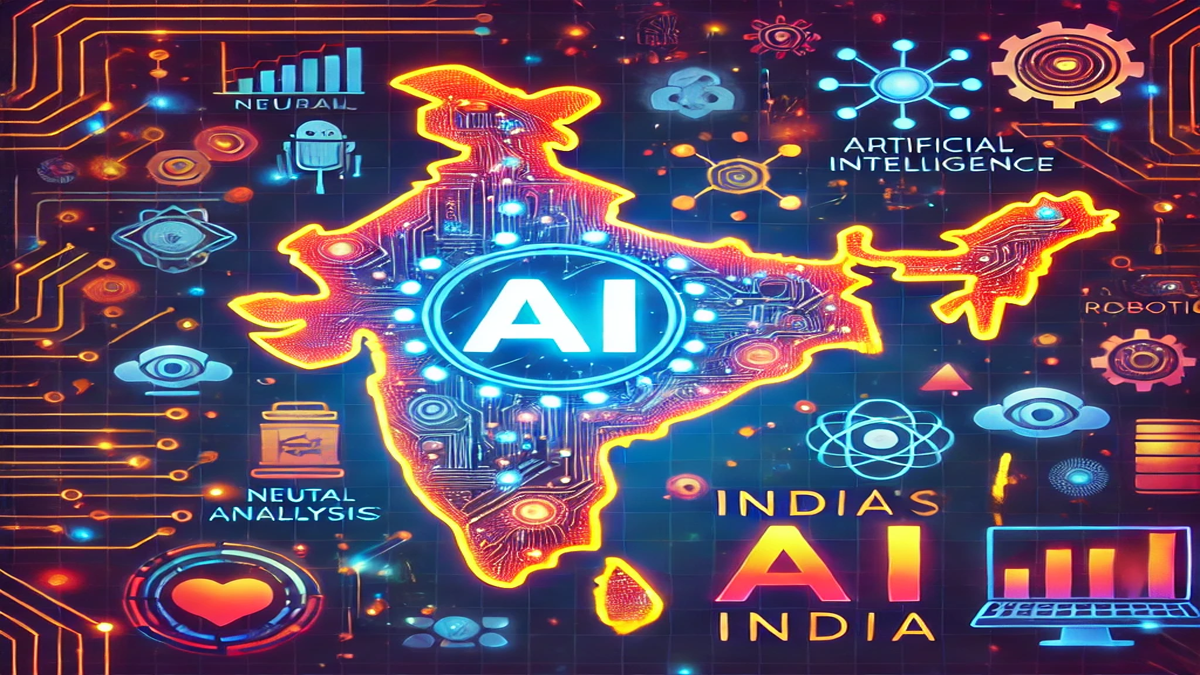How AI is Helping Companies Build Better Supply Chains
Managing your supply chain effectively can feel overwhelming in today’s unpredictable market. However, AI is stepping in to change the game. AI-powered tools allow you to analyse vast amounts of data, improve decision-making, and respond faster to disruptions.
Furthermore, real-time updates and automated processes make your operations smoother and more reliable. By integrating AI into your supply chain, you not only save time and resources but also ensure better collaboration and customer service.
According to Constructionline, 75% of supply chain leaders believe that AI will significantly improve their operations’ visibility and transparency within the next three years.
Read this blog to explore how AI is transforming supply chains and why companies should embrace it for a brighter future.
AI-Driven Smart Laptop: A Key Device for Supply Chain Improvement
The advent of AI has changed many areas of business, and supply chain management is no exception. In particular, one of the standout examples of AI’s impact is the use of AI-driven smart laptops. These laptops are designed to help companies optimise their supply chain management processes.
Furthermore, with AI’s ability to analyse data quickly and accurately, these laptops allow businesses to make informed decisions faster and more efficiently than ever before. As a result, organisations are able to streamline their operations, reduce errors, and respond to market changes with unprecedented speed.
Here’s how AI-driven smart laptops help:
- Improved forecasting: AI analyses historical data and predicts future trends. Businesses can use this information to prepare for demand fluctuations and adjust their inventory accordingly.
- Real-time insights: With AI, companies can track their inventory in real time. This allows them to identify potential issues before they escalate and make adjustments quickly.
- Automating tasks: Artificial intelligence can take over routine tasks such as managing schedules and processing orders, freeing up employees to focus on more strategic activities.
- Cost-saving: By optimising routes, reducing waste, and improving inventory management, AI-driven laptops help businesses save money while improving efficiency.
Making Smarter Decisions with AI
One of the greatest advantages of AI in supply chains is its ability to make smarter decisions. By analysing large volumes of data, AI helps companies identify patterns and trends that may not be obvious at first glance.
For example, AI can help predict which products will be in high demand, allowing businesses to stock up on the right items at the right time. This reduces the chances of stockouts and overstocking, which can lead to lost sales or unnecessary costs.
AI also helps businesses choose the right suppliers by analysing their performance and reliability. By using AI to evaluate suppliers, companies can select the best partners and reduce the risk of delays or quality issues in their supply chains.
Enhancing Supply Chain Visibility
Visibility is crucial when it comes to managing a supply chain. AI plays a significant role in enhancing visibility by providing real-time data about the location and status of products. AI-powered tools can track goods as they move through the supply chain, giving businesses a clearer picture of their operations.
The Business Reporter says that $1.3 trillion in value is expected to be added to global supply chains by 2030 through AI-driven efficiency and cost reductions.
This increased visibility enables companies to:
- Monitor shipments: Businesses can track products from the warehouse to the customer in real-time, reducing the risk of delays or lost goods.
- Identify bottlenecks: AI helps detect inefficiencies and bottlenecks in the supply chain, allowing businesses to address them before they affect the overall operation.
- Improve communication: With better visibility, all parties involved in the supply chain, including suppliers, manufacturers, and distributors, can stay informed and aligned, leading to smoother operations.
Reducing Risk and Increasing Resilience
Supply chains are vulnerable to various risks, from natural disasters to supply disruptions. AI can help businesses reduce these risks by providing predictive insights. By analysing data from various sources, AI can identify potential risks and suggest ways to mitigate them.
For example, AI can help predict the impact of a natural disaster on the supply chain by analysing weather patterns and other external factors. This allows businesses to adjust their operations in advance, minimising the effects of disruptions.
AI also increases supply chain resilience by helping companies adapt to changing conditions. Whether it’s dealing with unexpected spikes in demand or adjusting to shifts in supply, AI enables businesses to stay flexible and respond quickly to changes in the market.
Automating Repetitive Tasks for Greater Efficiency
In a typical supply chain, many repetitive tasks take up valuable time. These tasks, while important, can be time-consuming and prone to human error. With AI, companies can automate these routine tasks, freeing up employees to focus on more strategic activities.
Some of the tasks that AI can automate include:
- Order processing: AI can handle the processing of orders, ensuring that they are completed accurately and on time.
- Inventory management: AI can track stock levels, reorder products when necessary, and optimise inventory across multiple locations.
- Delivery scheduling: AI can optimise delivery routes, reducing delivery times and fuel costs.
AI Streamlining Operations
Image source: Logos3pl
AI is revolutionising supply chain operations by providing businesses with the tools they need to streamline their processes and improve efficiency. With its ability to analyse large amounts of data in real-time, AI can help identify inefficiencies, optimise routes, and reduce waste.
By facilitating communication between different departments and partners, AI can ensure that everyone is aligned and working towards common goals. This ultimately leads to better decision-making, faster response times, and improved overall supply chain performance.
Let’s say an AI-based laptop can process large amounts of data in real time, allowing businesses to make decisions based on the latest information.
The Future of AI in Supply Chains
The future of AI in supply chains looks bright. As technology continues to advance, AI will become even more powerful and capable of handling even more complex tasks. Shortly, we can expect AI to play an even greater role in areas like predictive maintenance, autonomous vehicles, and blockchain-based supply chains.
By leveraging the full potential of AI, businesses can create supply chains that are more efficient, resilient, and responsive to changes in the market. The use of AI-driven smart laptops will only continue to grow as more companies realise the benefits they bring.
Conclusion
AI is truly revolutionising the way companies build and manage their supply chains. By providing smarter insights, enhancing visibility, reducing risks, and automating tasks, AI is helping businesses create more efficient and effective supply chains.
The use of AI-driven smart laptops is a prime example of how technology can be harnessed to streamline operations and drive better decision-making. Embracing AI today will ensure a brighter, more successful future for businesses in the years to come.






